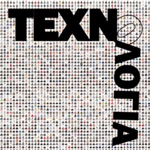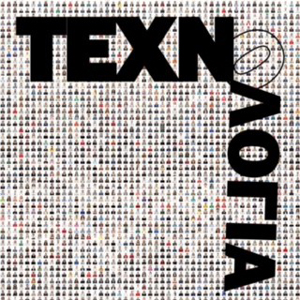Basel Abbas and Ruanne Abou-Rahme: The Song of the Land is Calling, Noam Segal, Flash Art [1/2/2023]

The day-to-day reality in occupied Palestine is largely inaccessible to an international audience. It is challenging to form a deep, or even adequate, understanding of a situation that is not only physically distant and isolated but also suffers from a sort of media blockade. Mainstream media does not circulate images from Palestine or report on daily occurrences of harassment, breaking and entering, theft (of property, houses, animals, cars, and other objects), vandalism, incarceration, injury, and death. Early in their career, media artists Basel Abbas and Ruanne Abou-Rahme realized that images no longer exert the mental and emotional grip they used to have on viewers. This led them to shift their focus to sound as a primary material. Sound had always been a central motif in their work and a complement to complex images. Like many of their generation (born in the 1980s and coming of age in the ’90s and early aughts), they are profoundly influenced by electronic music and the anti-capitalist, anti-imperialist culture that grew up around raves, festivals, and other collective experiences. As the audial aspect of their work has become even more layered and complex, this musical background has become more prominent in their artwork, as seen in recent exhibitions at MoMA, Dia Art Foundation, Migros Museum, and the 12th Berlin Biennial. In the past few years, the ongoing bureaucratic “management” of the occupation of Palestine has shifted from a strategy focused on radical forms of erasure to the building of an infrastructure for constant and total surveillance.
I’d like to briefly explain the importance and extent of erasure in this colonial geography. The strategy of the militarized state is to divide and reorganize Palestinian memory in a manner that mimics physical occupation by denying Palestinians access to their own history, traditions, and even cuisine. All of this mental territory is expropriated, divided, and represented as belonging to someone else. Unlike other colonial strategies, which are calibrated for surveillance, profiling, algorithmic prediction, and data, the Israeli occupation was, until recently, the opposite. It focused instead on erasure: of official records, testimony, cultural institutions and documents, historical or archival collections, and civic society (birth certificates, passports, and other quotidian aspects of civic inclusion). Rather than controlling a society through surveillance, the strategy was to disappear artworks, film footage, photographs, books, documentation of civic rituals and ceremonies, folk dance, traditional music, festivals, and local cuisine. Access to collective and individual memory has been systematically eradicated. This is in contrast to the recently launched Operation Blue Wolf: the occupying state has shifted its focus to surveillance, profiling, and data collection for purposes of control. Due to the longstanding policy of erasure, the data currently being collected lacks crucial information and contains many gaps. As the military shifts its strategy toward data collection and surveillance it creates new records that mimic the official, administrative identities required for a functional civic society. But this new system is not only for the purpose of military domination; it also reproduces and reaffirms the absences and gaps produced by the policy of erasure. For example, the deed to a piece of property that was destroyed along with a birth certificate and a driver’s license is not reproduced under this system. Instead, the person who owned the property is officially registered as someone who, lacking this deed, never owned the property to begin with.
Η συνέχεια εδώ.





